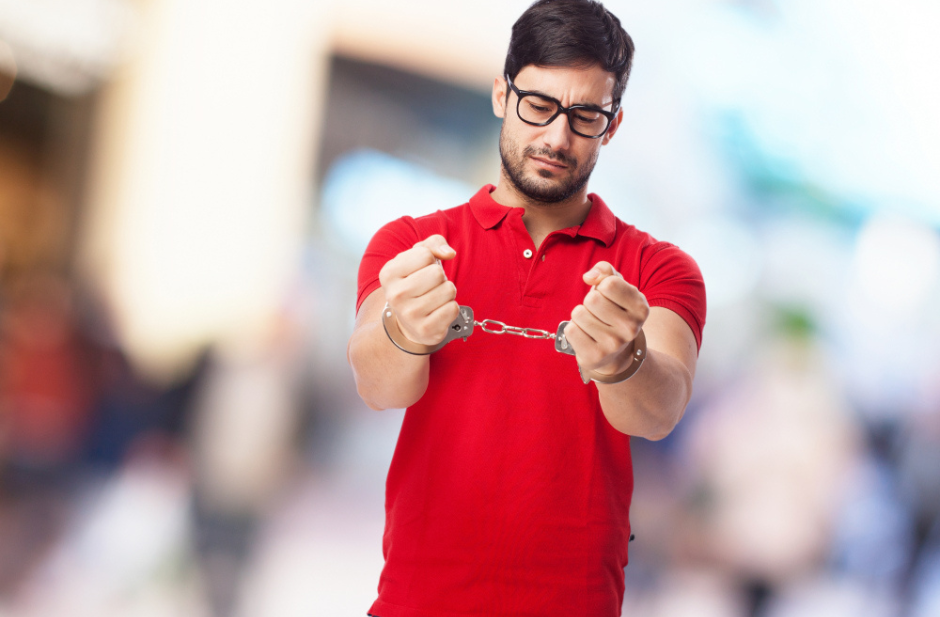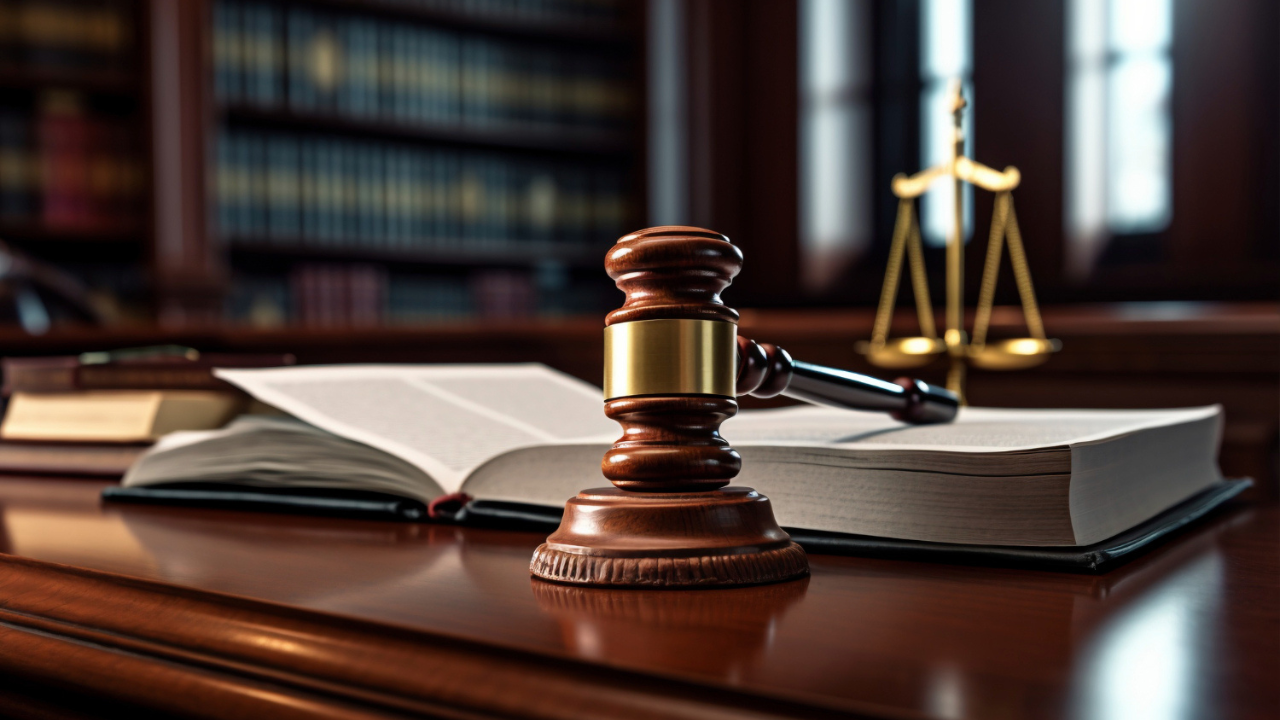Most criminal cases never get anywhere near a jury or a full trial. They sort of fizzle out in the form of a deal worked out between both sides.
At The Law Offices of John Phebus, attorneys see how these agreements—which are supposed to make things easier—can also back people into choices they never thought they’d face.
Sometimes, even people who didn’t do the thing they’re accused of end up saying “guilty,” just to escape the pressure. And that’s what starts the plea bargains.
Even though it seems unjust, plea bargains are very much prevalent in various courtrooms across many states and countries.
So, if you are also wondering — “How does the Plea Bargain affect innocents?” I have got you covered.
In this blog, I am going to explore the various aspects of courtroom plea bargains to highlight their hidden power in courtrooms. From exploring—
- What are plea bargains?
- How prevalent are they?
- How to make a fairer justice system, and more.
So, keep reading to know more!
What Are Plea Bargains?
First things first, plea bargains refer to the direct agreements between the defendants and prosecutors, where the defendant voluntarily agrees to plead guilty to the charges in exchange for some concessions from the prosecutors.
This particular process makes it easier for prosecutors to end trials and focus on other cases. But oftentimes, innocents are compelled to plead guilty due to the courtroom pressure.
So, even though there are concessions from the prosecutors’ end, the innocent person has to take the punishment. And, this is not a very justic-friendly instance for any law-abiding courtroom.
How Prevalent Are Plea Bargains?
Right now, plea bargains are basically how the justice system runs. It’s not like those courtroom scenes on TV where everything builds to a dramatic verdict.
In real life, almost every criminal case ends with some sort of negotiated plea. Courts save time, prosecutors move on to the next file, and the system keeps chugging along.
But saving time doesn’t always mean fairness happened.
For many people, especially those without strong resources, a plea deal doesn’t feel like a “choice.” It feels like picking whichever option will hurt less.
1. The Pressure Of Limited Resources
Defending yourself properly takes time—actual time—and research, and someone who can dig, question, and challenge. That gets expensive fast.
And if someone can’t afford a private attorney, they rely on a public defender.
Public defenders work incredibly hard, but they often handle so many cases that it’s nearly impossible to give each one deep attention.
And that lack of time trickles right down to the person on trial.
So when a prosecutor says, “Take this deal and things will wrap up quicker,” it can sound like relief. Even when the person is thinking, but… I didn’t do this.
If someone is sitting in jail because they couldn’t post bail? The pressure is even heavier. Sometimes people plead guilty just to go home sooner. It’s not justice—it’s exhaustion.
2. The Fear Of Harsher Sentences
There’s also this very real fear of what might happen if the case goes to trial and ends badly. The difference between a plea offer and a trial sentence can be huge.
This gap is often called the “trial penalty.” It’s enough to make anyone second-guess everything. Think of being told:
- Plead guilty → maybe one year.
- Go to trial and lose → maybe a decade.
Even someone who knows they’re innocent might look at those numbers and think, “I can’t risk losing my whole life.” The system almost nudges people into taking deals just in case.
So the legal process stops feeling like truth-finding and starts feeling like damage control.
3. The Emotional And Psychological Toll
Admitting guilt when you’re innocent does something to a person. Even years later, people talk about that moment—standing there, saying “I did it,” though they know they didn’t—as something that sticks in their chest.
And once a plea is entered, undoing it is almost impossible. The court usually assumes the decision was voluntary.
Meanwhile, that one plea can affect housing, job opportunities, personal relationships… basically every part of life after the case is over.
But in the moment, all someone feels is: I just need this to end.
4. Efficiency Over Justice
Originally, the law enforcers created plea bargains to help courts handle too many cases. That was sensible at first. But somewhere along the way, efficiency became important than the case matter.
So, prosecutors focused more on closing the case rather than asking deeper questions.
And because fewer cases go to trial, fewer cases face this instance. Moreover, the prosecutor doesn’t challenge the evidence, nether cross-examine the witnesses.
So, that’s how, sometimes the truth never gets its moment in the room. That is, the system moves faster—but it misses things.
5. The Ethical Dilemma
Everybody involved feels it. Prosecutors are measured by how many convictions they secure. Defense attorneys know the danger of risking a trial.
Judges sometimes see something that feels off, but don’t have much room to push back.
The moments where someone quietly agrees to a plea out of fear often happen without attention or public awareness.
No big speeches. No dramatic objections. Just a tired person saying “fine.”
How To Build A Fairer Justice System?
Making this better doesn’t mean abolishing plea deals entirely. It means making them fair. Defendants should truly understand what they’re agreeing to.
Courts should watch for signs of pressure or confusion. Public defenders need enough time and funding to help people make informed decisions—not rushed ones.
And people going through the system deserve to understand their rights clearly, not halfway through whispers and guesswork.
No one should feel forced to say “guilty” just to end the stress.
Pleading Guilty To Escape Courtroom Pressure
Plea bargains help keep the justice system running, but they also carry real risk. Too many people plead guilty not because they are guilty, but because they feel trapped.
The Law Offices of John Phebus believes the legal system should always lean toward fairness and truth—especially when someone’s entire future is on the line.
















